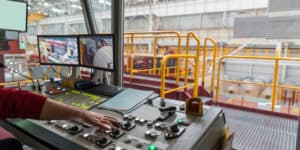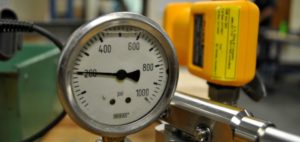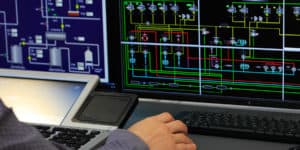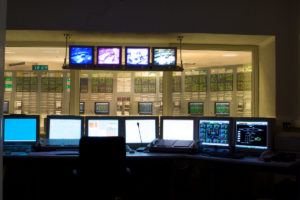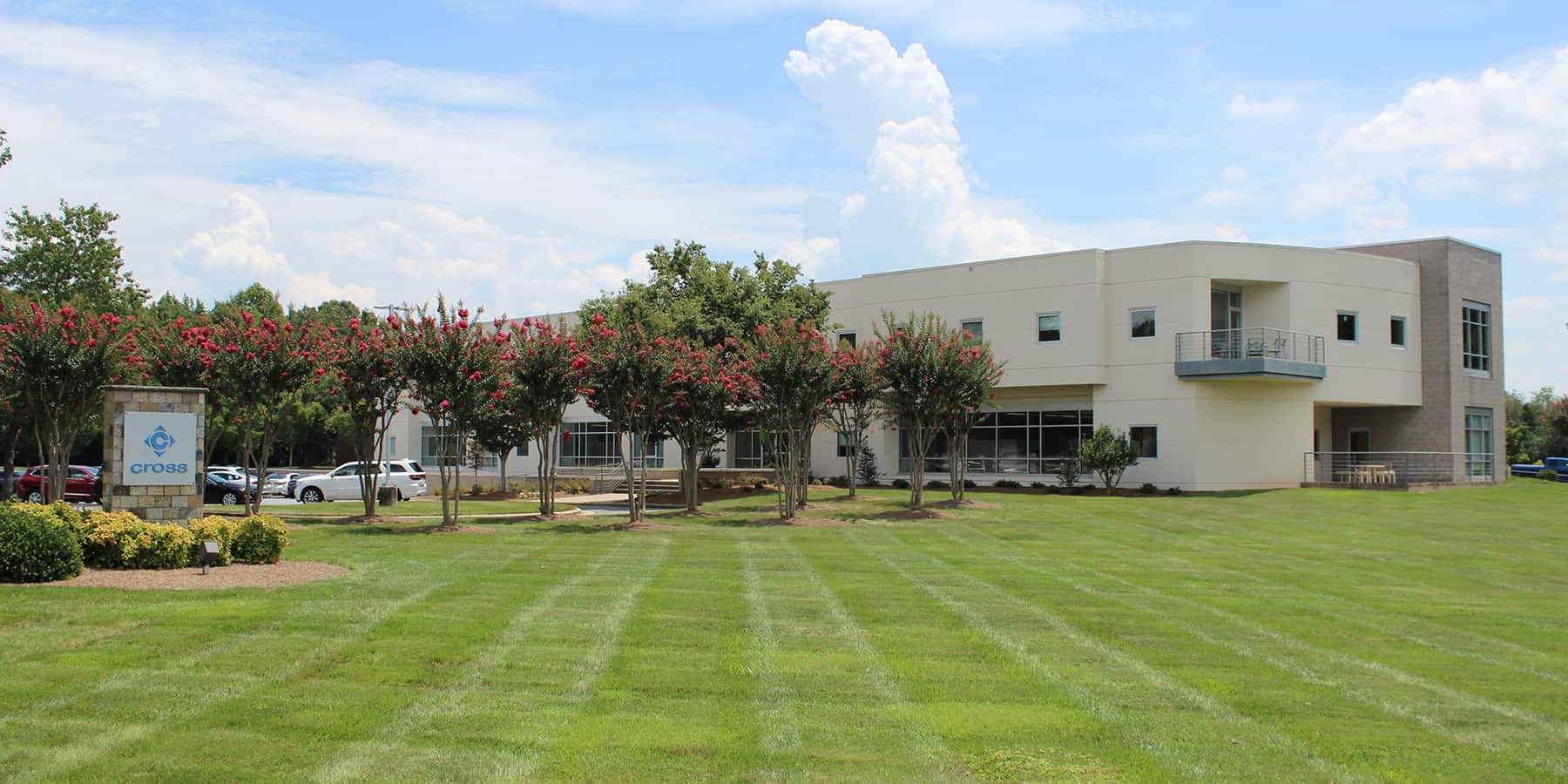Services for Boiler and Combustion Control Operations
Benefit from our specialized services, including process automation, preventive maintenance, and training programs, ensuring the continued reliability and optimal performance of your power generation devices like boilers or combustion equipment control.






